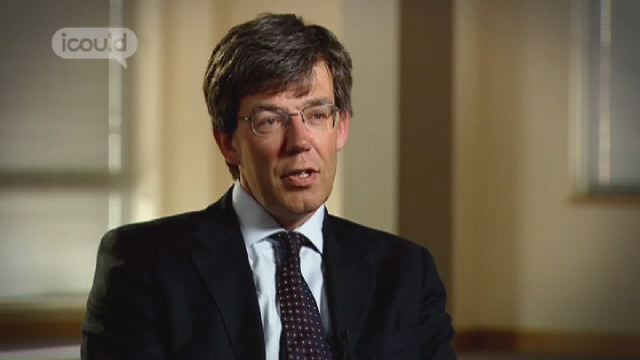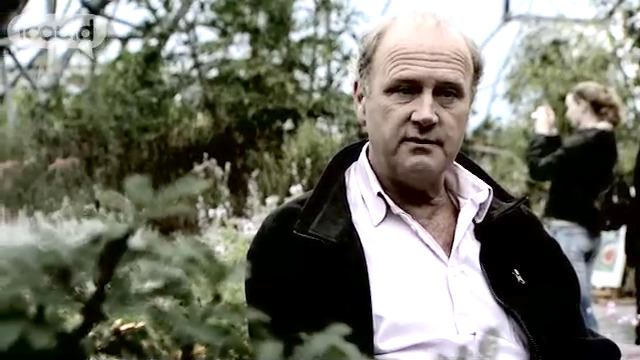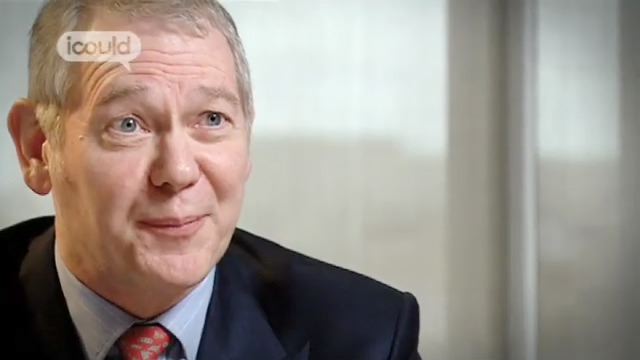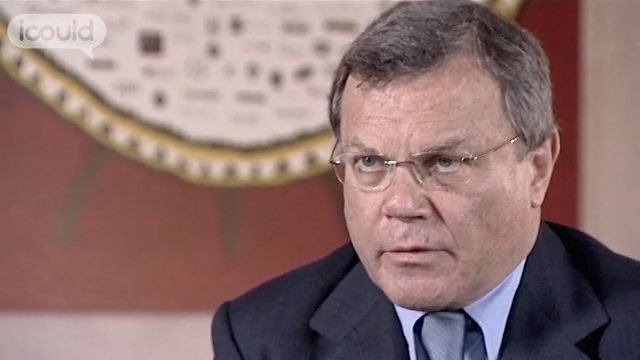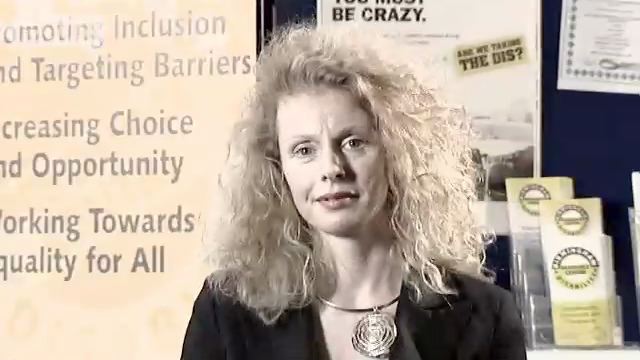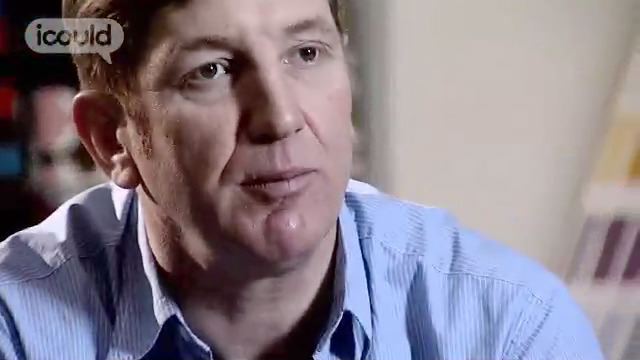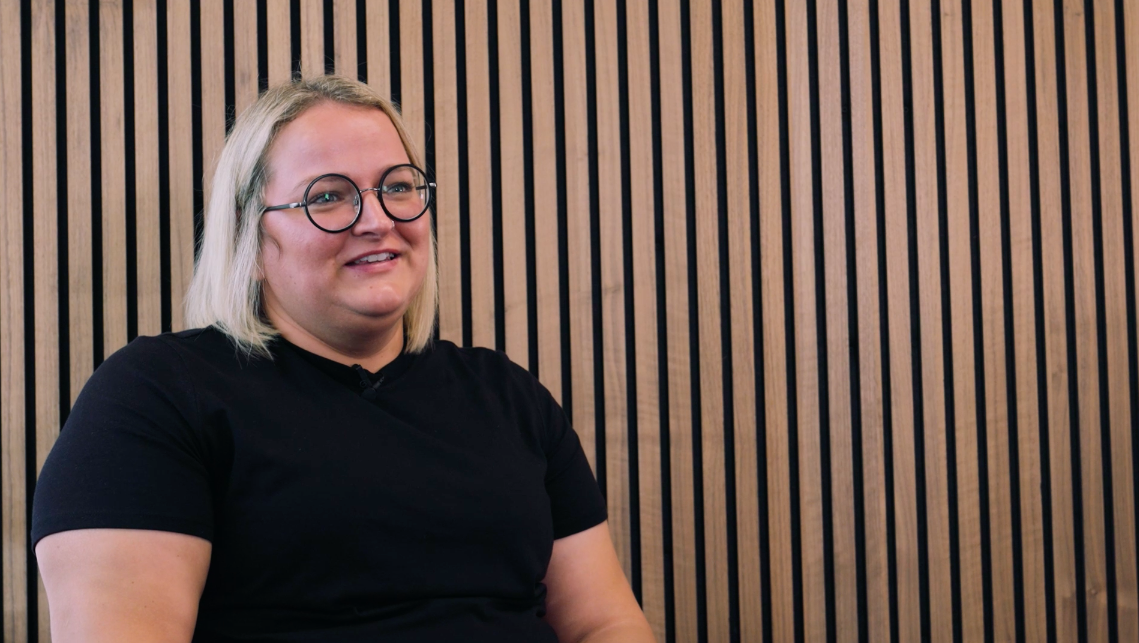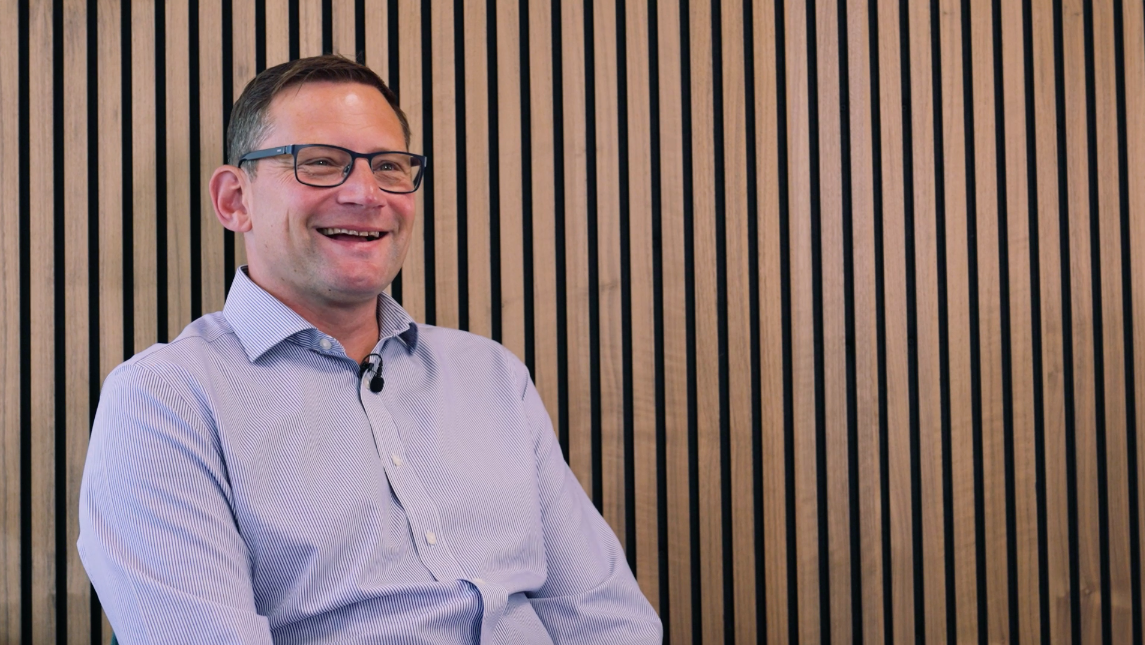Chairman
Transformation Trust and The Financial Times
Sir David Bell
00:01 Well my name is David Bell I’ve got two job titles, I’m chairman of the Financial Times but also chairman of the Transformation Trust. It was the brainchild of an organisation called Partnership for Schools which is heavily involved in rebuilding a large chunk of Britain’s schools and they had the idea that it would be very, very important that these new schools were not just physically fantastic which they are, but also that they really sparkled and what we I think they meant by sparkle was that as well as brilliantly inside the school, at the end of the day outside the curriculum there would also be an opportunity for students to do all kinds of things which they might not otherwise do.
00:50 For example we have a great programme, to take kids who are interested in engineering, boys and girls and to work with some of the Formula 1 team to really get to understand the reality of engineering not the theory of it which may be sometimes a bit boring but the actual reality of how exciting it is to build racing cars and to develop it.
01:10 So they had the idea to set up the Transformation Trust, and we have the job of raising the money to make that possible.
01:17 Basically it’s a funding operation, but it’s a bit more than that because we believe passionately that we want every child to have a chance to say, I would love to do that and then have a chance to do it.
01:28 Well I think the Financial Times is kind of my day job, but, that doesn’t mean it isn’t very, very important because, it’s so important for the future of the country that we have people all over it who believe they can do things and then find out they really can.
01:47 I liked secondary school more than primary school, and I did love some of the subjects I did, so yes I did enjoy it. My father was a school teacher so I thought it was a bit, no but, in terms of being a journalist my mother disapproved strongly of journalism she thought I ought to be a lawyer but, she was wrong.
02:08 Well I started out as a journalist actually on a local newspaper in Oxford and then I went to the Financial Times and I did all kinds of jobs in the editorial part of the newspaper and then I was transferred to the commercial side, and then I ended up running it and then time passed and I ended up being chairman of it.
02:24 I worked for the Financial Times for several centuries. When you’re young and you look at a career you’re transfixed by the idea you might get stuck doing the same thing forever and that’s right to be transfixed by that, but, it is possible to do all kinds of different things within one company if you’re lucky, or alternatively of course to do lots of different things in several companies.
02:47 I always loved newspapers, I always loved trying to understand you know news is fundamentally about people and then I became interested not just in writing which I did for a while, but how do you organise a newspaper, how do you get it to communicate with people. I suppose I’ve always really like that, I edited the university newspaper when I was at university which I really enjoyed.
03:11 I went to a local newspaper where that was a very local, local news which is very different from the kind of news the Financial Times covers, except that it’s all to do again with people. I was very proud of that story it was a really good story. It was about a lion that lived in the back garden of a council house outside Oxford and liked ice-cream, it had a picture of this lion at the back of the house and then the story and at the bottom it said, by David Bell. And I was living in one room in Oxford at the time and the next day I went to the fish and chip shop to get my supper and you know I lifted up a chip and it said, by David Bell. So the, I kind of figured out then that life is a bit here today and gone tomorrow.
03:57
Sir David Bell is the Chairman of the Financial Times and also Chairman of the Transformation Trust. He says, “When you’re young and you look at a career you’re transfixed by the idea you might get stuck doing the same thing forever… but it is possible to do all kinds of different things within one company if you’re lucky, or alternatively, of course, to do lots of different things in several companies”.
More information about Chief executives and senior officials
The UK average salary is £29,813
There are 37.5 hours in the average working week
The UK workforce is 47% female and 53% male
Future employment
- Analyses economic, social, legal and other data, and plans, formulates and directs at strategic level the operation of a company or organisation;
- Consults with subordinates to formulate, implement and review company/organisation policy, authorises funding for policy implementation programmes and institutes reporting, auditing and control systems;
- Prepares, or arranges for the preparation of, reports, budgets, forecasts or other information;
- Plans and controls the allocation of resources and the selection of senior staff;
- Evaluates government/local authority departmental activities, discusses problems with government/local authority officials and administrators and formulates departmental policy;
- Negotiates and monitors contracted out services provided to the local authority by the private sector;
- Studies and acts upon any legislation that may affect the local authority;
- Stimulates public interest by providing publicity, giving lectures and interviews and organising appeals for a variety of causes;
- Directs or undertakes the preparation, publication and dissemination of reports and other information of interest to members and other interested parties.
- Analyses economic, social, legal and other data, and plans, formulates and directs at strategic level the operation of a company or organisation;
- Consults with subordinates to formulate, implement and review company/organisation policy, authorises funding for policy implementation programmes and institutes reporting, auditing and control systems;
- Prepares, or arranges for the preparation of, reports, budgets, forecasts or other information;
- Plans and controls the allocation of resources and the selection of senior staff;
- Evaluates government/local authority departmental activities, discusses problems with government/local authority officials and administrators and formulates departmental policy;
- Negotiates and monitors contracted out services provided to the local authority by the private sector;
- Studies and acts upon any legislation that may affect the local authority;
- Stimulates public interest by providing publicity, giving lectures and interviews and organising appeals for a variety of causes;
- Directs or undertakes the preparation, publication and dissemination of reports and other information of interest to members and other interested parties.
- Analyses economic, social, legal and other data, and plans, formulates and directs at strategic level the operation of a company or organisation;
- Consults with subordinates to formulate, implement and review company/organisation policy, authorises funding for policy implementation programmes and institutes reporting, auditing and control systems;
- Prepares, or arranges for the preparation of, reports, budgets, forecasts or other information;
- Plans and controls the allocation of resources and the selection of senior staff;
- Evaluates government/local authority departmental activities, discusses problems with government/local authority officials and administrators and formulates departmental policy;
- Negotiates and monitors contracted out services provided to the local authority by the private sector;
- Studies and acts upon any legislation that may affect the local authority;
- Stimulates public interest by providing publicity, giving lectures and interviews and organising appeals for a variety of causes;
- Directs or undertakes the preparation, publication and dissemination of reports and other information of interest to members and other interested parties.
